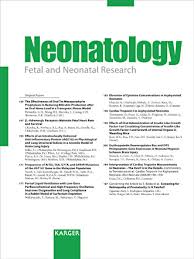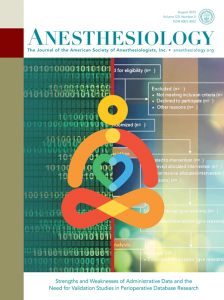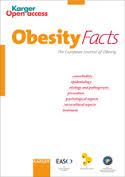The majority of the editorial board of a top psychology journal have resigned en masse after the publisher replaced the journal’s editors without warning. Also departing are the honorary editor and statistical consultants.
The journal, Psychotherapy and Psychosomatics, is a Karger title and “the official journal of the International College of Psychosomatic Medicine and the World Federation for Psychotherapy,” according to its website.
Christna Chap, head of editorial development for Karger, called the change in the journal’s leadership a “normal editorial transition” which “may have been misunderstood by some members of the community, leading them to criticize the journal and encourage others to do the same based on incorrect information.”
Continue reading Mass resignations hit psychotherapy journal after publisher replaced editors
 In March, a journal published a paper about blood sugar levels in newborns that caused an immediate outcry from outside experts, who were concerned it contained a sentence that could be potentially harmful if misinterpreted by doctors.
In March, a journal published a paper about blood sugar levels in newborns that caused an immediate outcry from outside experts, who were concerned it contained a sentence that could be potentially harmful if misinterpreted by doctors.  Earlier this year, the president of the Karolinska Institute,
Earlier this year, the president of the Karolinska Institute,  The Karolinska Institutet in Sweden has declared that once-lauded surgeon
The Karolinska Institutet in Sweden has declared that once-lauded surgeon 



